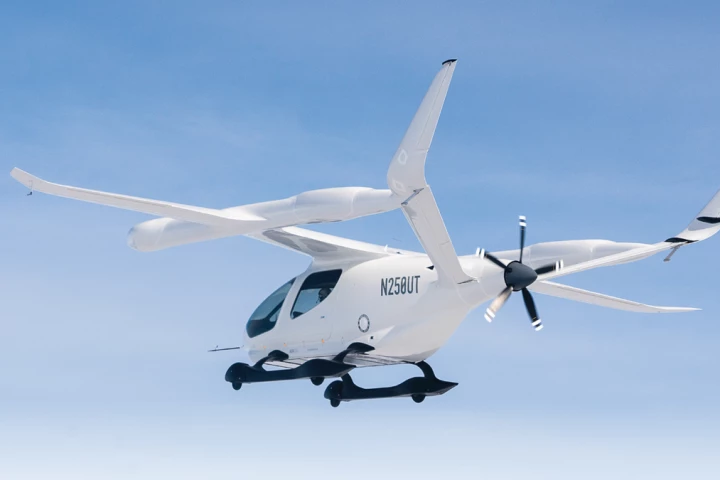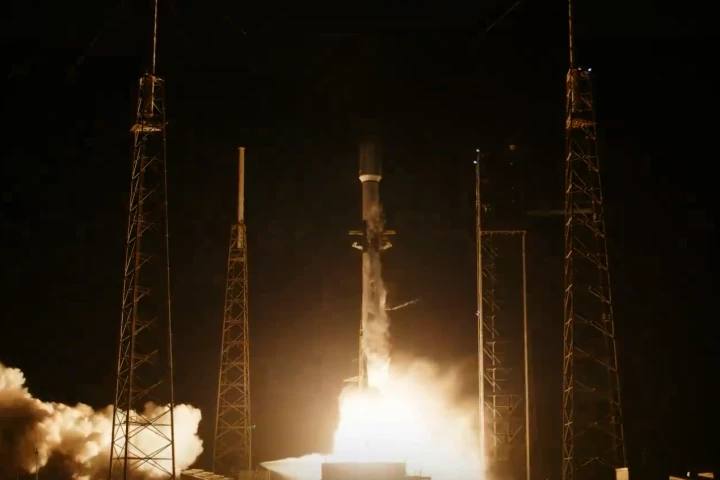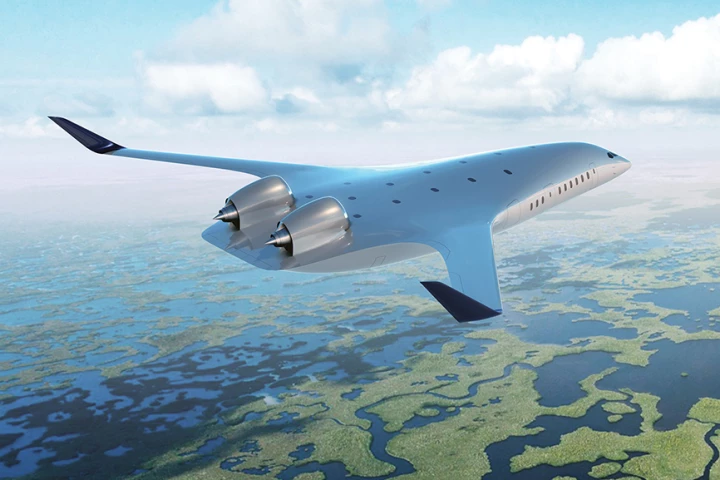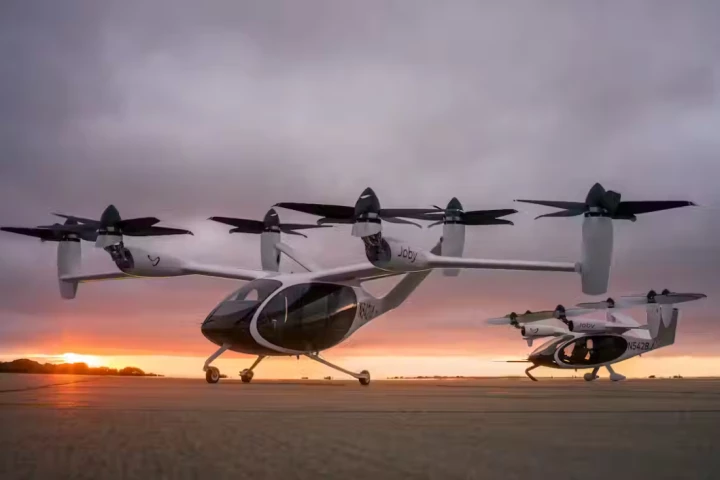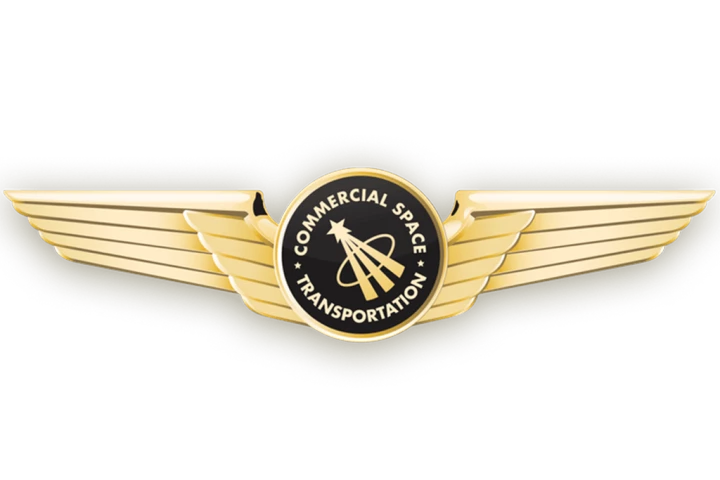FAA
-
If air taxi services ever take off, you might want to hold onto your hat very firmly. A new FAA report looking at various eVTOL prototypes shows that when they take off and land they have a downwash from rotors equivalent to hurricane-force wind.
-
Small aircraft manufacturer BETA Technologies has rolled the first electric plane off its fully scaled production line in Vermont. You can go along for the ride with this milestone-setting aircraft in a slick new video from the makers.
-
In a major jump into the era of eVTOL air taxis and multicopter cargo drones, the US FAA has issued new regulations that introduce the first new aircraft category, called "power-lift" aircraft, since modern helicopters were introduced in the 1940s.
-
The FAA has grounded SpaceX's Falcon 9 rocket after one failed during a powered landing attempt on August 28, 2024 after the successful launch of 21 Starlink satellites. It's the first unsuccessful landing for SpaceX since 2021.
-
The basic shape of a passenger jet hasn’t really changed much for decades, but radical new shapes are inching closer to production. JetZero has announced that its beautiful blended-wing demonstrator has been FAA-approved to begin test flights.
-
While the FAA reviews new regulations to okay light sports helicopters, aerospace companies Advanced Tactics and Rotor X have teamed up to use military helicopter technology to create a fly-by-wire sport two-seater copter called the ATRX-700.
-
The first production prototype has rolled off Joby Aviation's production line in Marina, California, and the FAA has cleared it to begin flight tests with a special airworthiness certificate. It's likely to be the first eVTOL delivered to a customer.
-
Matternet M2 drone has received a Type Certification from the Federal Aviation Administration, the first non-military drone to do so, which should help streamline its efforts to make drone delivery an accessible and everyday service.
-
America's leading eVTOL company has received Part 135 certification from the FAA, so it can now begin offering on-demand commercial air taxi operations. Not with its eVTOL aircraft, mind you – that's still a long way from being type approved.
-
Are Sir Richard Branson and Jeff Bezos astronauts? Though both billionaires flew to at least the edge of space, they may not qualify for official astronaut wings according to recently revised FAA rules.
-
With Virgin Galactic and Blue Origin having sent their first full passenger flights into space, the Federal Aviation Administration is demonstrating that it's taking space tourism seriously by opening a new center to monitor commercial space launches.
-
Virgin Galactic has made history, becoming the first spaceliner to be certified by the US Federal Aviation Administration to carry passengers on its spaceplanes. The approval comes as the company prepares for its first fully crewed test flight.
Load More

